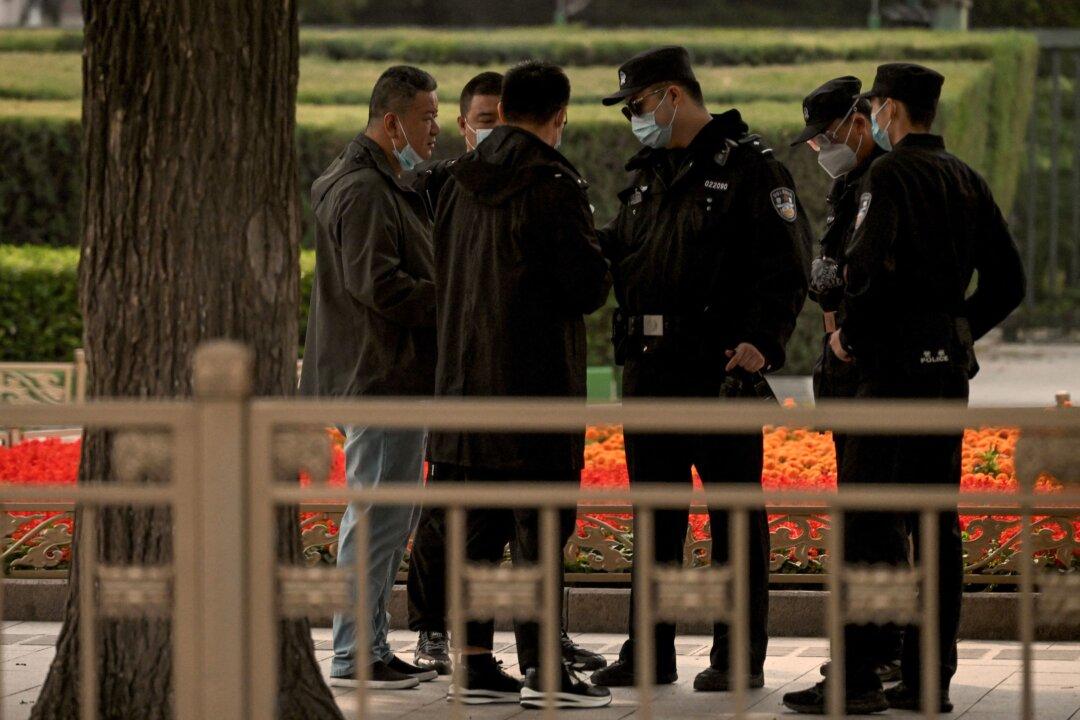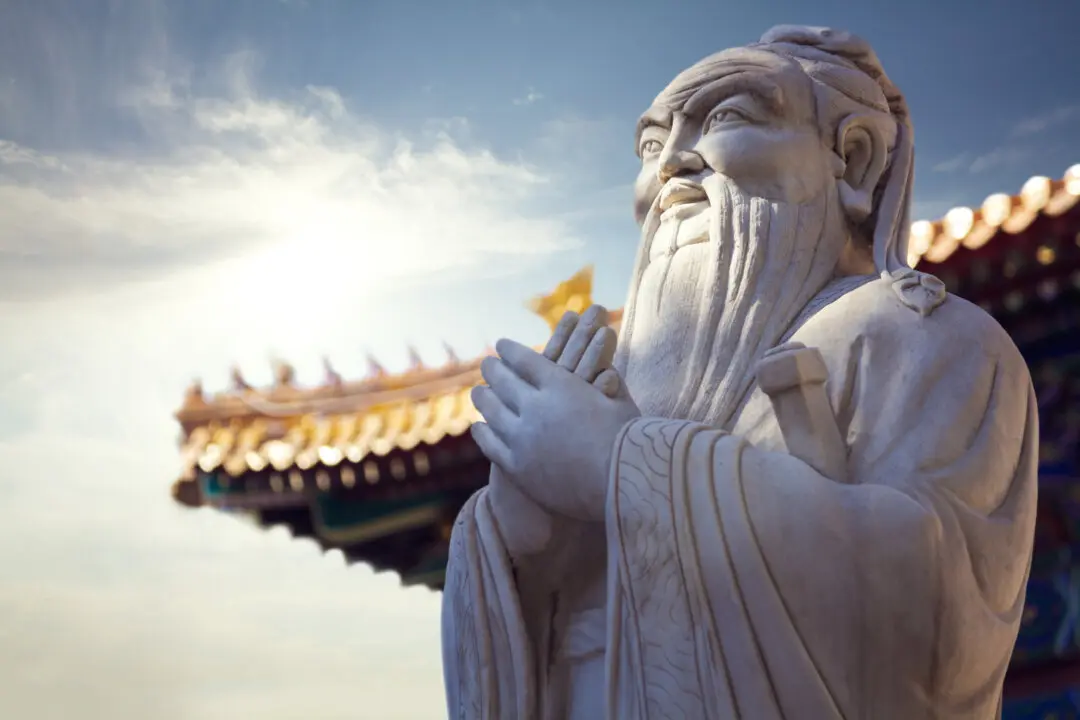The Inter-Parliamentary Alliance on China (IPAC) issued a statement on Oct. 14, two days before the CCP’s 20th national congress, calling for global democracies to take actions “to safeguard human rights, democracy and the international rules based order.”
Founded on June 4, 2020, the 31st anniversary of the Tiananmen Square Massacre, the IPAC is comprised of over 200 lawmakers from 28 countries who seek to shape policy and discussion on the threat posed by the CCP.





